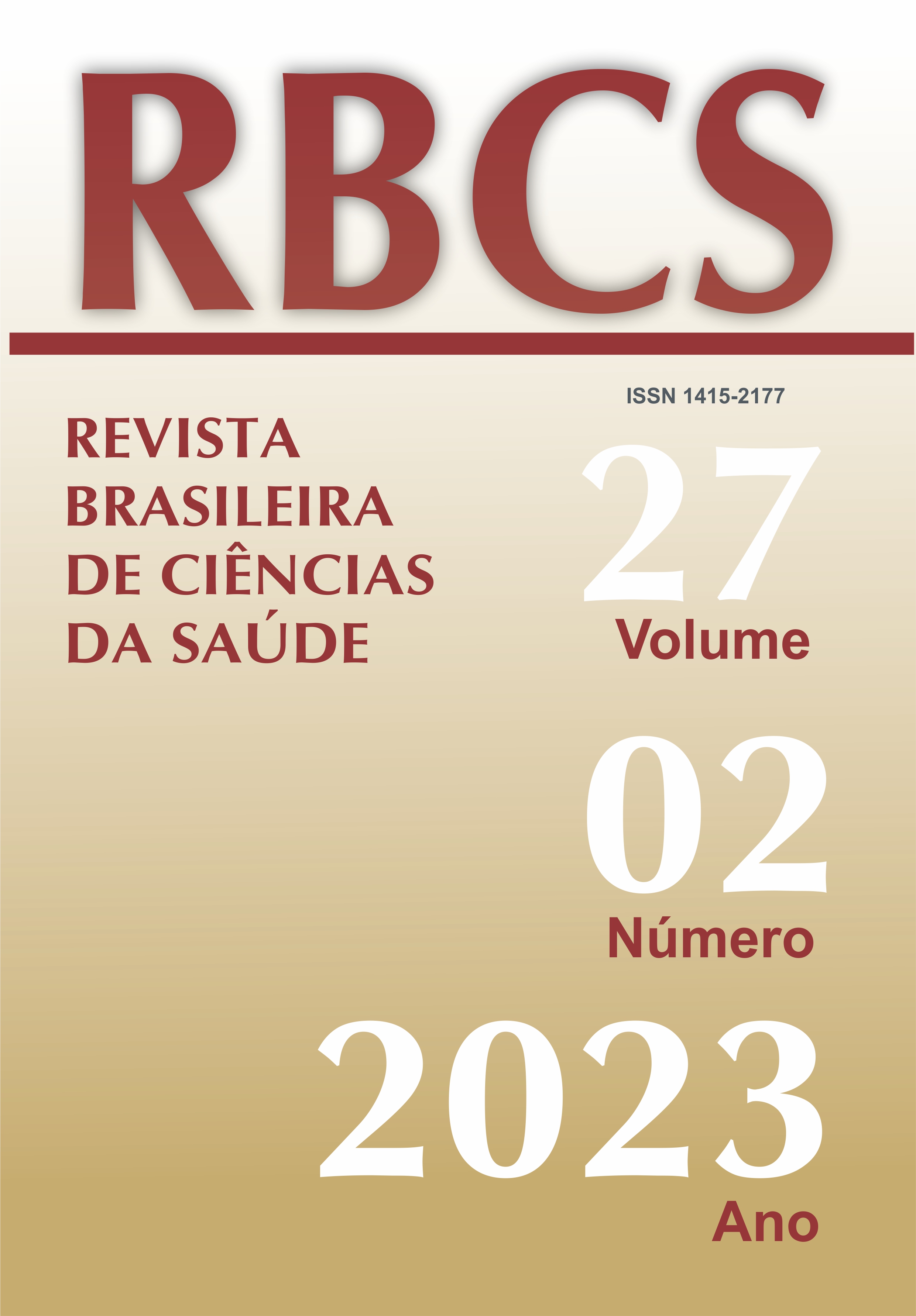ASSISTÊNCIA À SAÚDE MENTAL NA ATENÇÃO PRIMÁRIA À SAÚDE: A PERCEPÇÃO DOS ENFERMEIROS
DOI:
https://doi.org/10.22478/ufpb.2317-6032.2023v27n02.62416Keywords:
Primary Health Care. Nursing. Mental Health.Abstract
ABSTRACT
Objective: To analyze nurses perceptions about Mental Health work processes in Primary Health Care. Methodology: Exploratory research with a qualitative perspective developed with 04 nurses, minimum team member, of Primary Care in the district of Pecém, municipality of São Gonçalo of Amarante-CE. Data collection was carried out through a semi-structured questionnaire with personal data of the participants and open questions that addressed professionals about the work processes and training path related to the area of Mental Health, carried out from October 2021 to November 2021. Data collection was performed in person and recorded for further analysis. After transcribing the interviews, the material was completely read and, after that, the data collected was divided into four categories of analysis, according to Bardin's Content Analysis. In the end, an articulation of the categories with the existing theoretical framework was considered. Results: The results show that nurses have knowledge about matrix support, group and home visits; they have little knowledge of the RAPS of the municipality; in addition, they have different perceptions about their professional practice and have training gaps related to the field of mental health. Conclusion: Based on the nurses' reports, it is observed that the knowledge about RAPS and the training of nurses regarding the Mental Health care strategy within the scope of PHC need to be strengthened, in this sense, Permanent Education in Health is pointed out as a an educational strategy to overcome these gaps. Results: The results show that nurses have knowledge about matrix support, group and home visits; they have little knowledge of the RAPS of the municipality; in addition, they have different perceptions about their professional practice and have training gaps related to the field of mental health. Conclusion: Based on the nurses' reports, it is observed that the knowledge about RAPS and the training of nurses regarding the Mental Health care strategy within the scope of PHC need to be strengthened, in this sense, Permanent Education in Health is pointed out as a an educational strategy to overcome these gaps.


